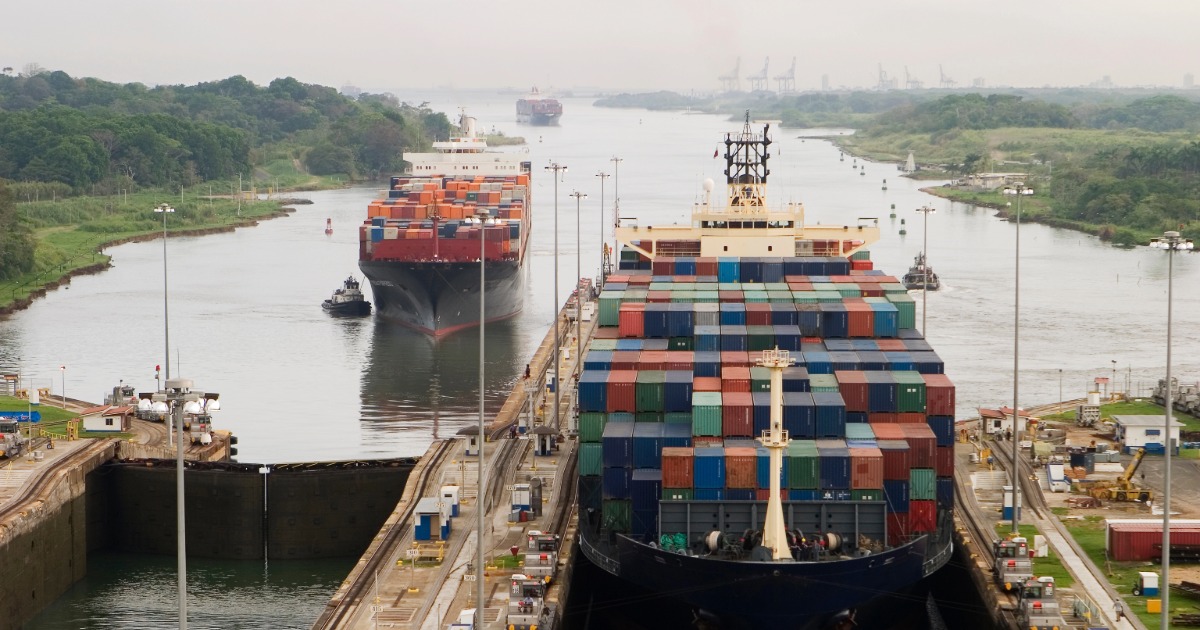Global Port Congestion Impacts Singapore

The world's second-busiest container port, Singapore, is experiencing significant delays with vessels waiting up to 7 days for a berth. Read the article to understand what is happening and how it may affect cargo.
Singapore in the Throes of Port Congestion
The Singaporean market is grappling with critical levels of port congestion. The world's second-busiest container port is experiencing significant delays, with vessels forced to wait up to seven days for a berth. At its peak, there were 51 vessels berthed and a staggering 69 anchored, all vying for a spot. This backlog represents a colossal 450,000 TEUs (Twenty-foot Equivalent Units) – roughly half of Auckland's annual throughput – waiting idly at sea.
Ordinarily, Singapore boasts a turnaround time of a day or so for ships. Unfortunately, this is not the current reality.
This trend is far from localised. Ports like Qingdao in China have also reported congestion, with 20 berthed ships and an additional 53 waiting. Maersk recently issued a statement highlighting significant terminal congestion across Mediterranean and Asian ports.
The primary culprit behind this global snarl-up is the ongoing crisis in the Red Sea. To avoid potential attacks, ships are taking much longer journeys around Africa, disrupting regular schedules. This disruption leads to:
- Bunched Arrivals: Off-schedule arrivals at destination ports create congestion as multiple vessels show up unexpectedly.
- Cancelled Sailings: Carriers are forced to cancel some sailings to try and regain control of their schedules.
- Port Omissions: Certain ports are being skipped altogether as carriers prioritise regaining schedule integrity.
Carriers are working tirelessly to mitigate the loss of capacity. Strategies include:
- Deploying Additional Tonnage: Securing more vessels to supplement existing fleets. This may involve using smaller ships in larger trade routes. While a potential solution, smaller vessels take up valuable berth time and are less efficient in cargo handling, ultimately requiring more time to move the same volume of goods.
- Redirecting Existing Vessels: Redeployment of existing vessels where feasible.
Singapore's Unique Challenges
Singapore's situation is further exacerbated by carriers omitting calls at the nearby Malaysian port of Port Klang. This domino effect leads to some carriers opting to bypass Singapore altogether rather than face week-long delays. However, this simply transfers the pressure to subsequent ports on the route, which must now handle the additional cargo originally destined for Singapore.
Gateway Cargo: Your Partner in Navigation
At Gateway Cargo, we are closely monitoring the evolving situation and its potential impact on your shipments. We are committed to keeping you informed and exploring alternative solutions to minimise disruptions to your supply chain. Please do not hesitate to contact us if you have any questions or require assistance.













%20copy.webp)
















.jpg)













